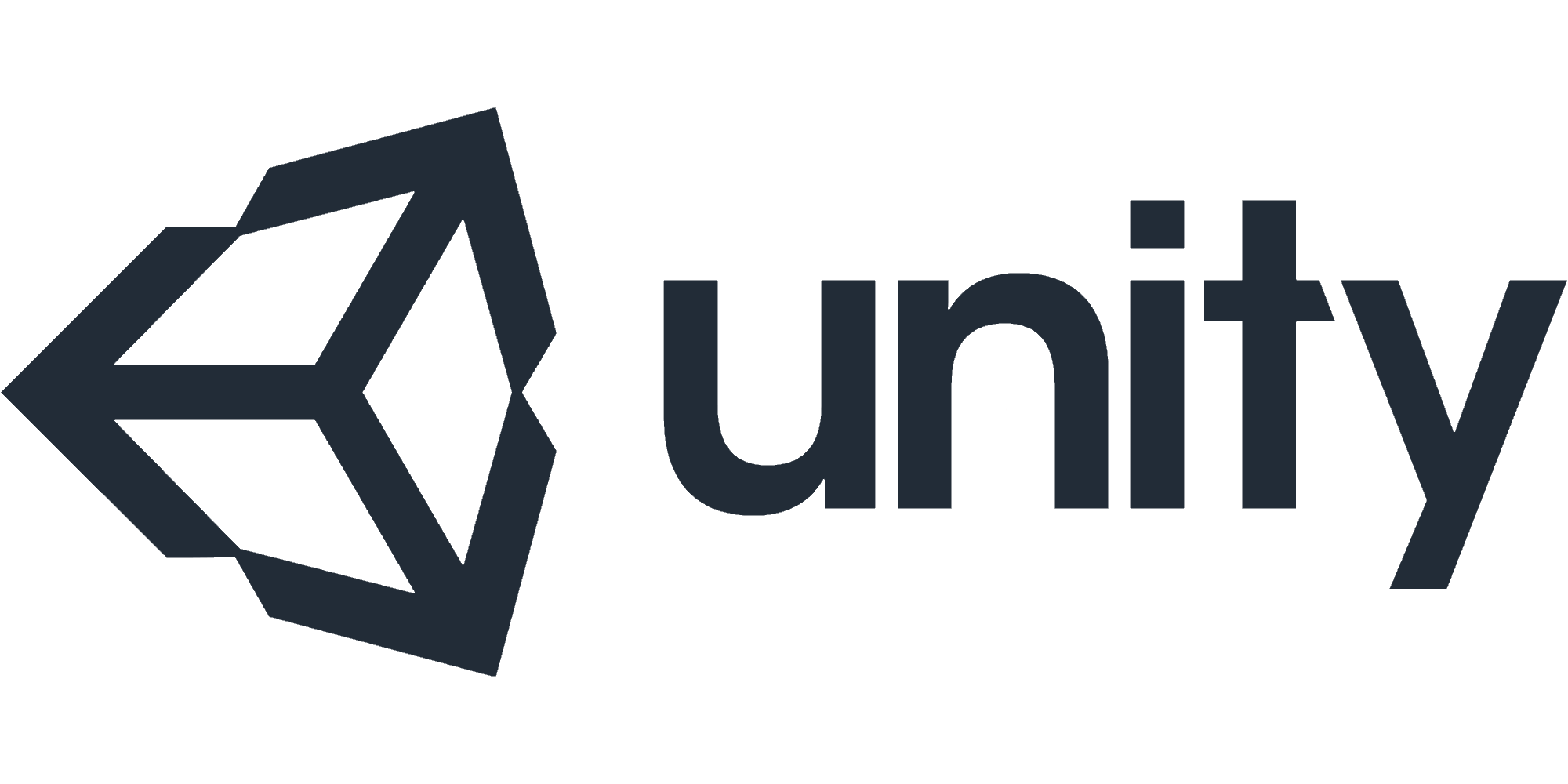Most people know Unity as the game engine powering such titles as Hollow Knight, Cuphead, and Fall Guys. Not many people know that Unity also works with governments on military defense contracts, and that has some employees worried that their work is being used for unethical purposes.
A new report from Waypoint looks into the company's secretive military business, which according to internal documents, Unity called "GovTech." The same documents also provide Unity staff with "do's and don'ts" for describing GovTech to employees, such as calling them "government" or "defense" contracts and not "military" contracts.
Besides obfuscating Unity’s role with language, it’s hard for Unity employees to know exactly what their work is being used for, especially when it comes to AI and machine learning. Most of the work done on either subject is used throughout the company, whether that means for game development or for military applications, and Unity doesn’t tell the employee necessarily where their work is going once it’s done.
In one case, Waypoint found out that one Unity employee was told that they were making "a placement randomization scheme for a government simulation project." It turned out that they were actually making simulated "explosion debris on virtual runways" for the US military.
Another technology Unity is working on is RIDE, or Rapid Integration & Development Environment. This simulation platform is being developed by the University of Southern California directly supporting defense research and is sponsored by the US Army Research lab. A video advertising RIDE shows soldiers, tanks, and jeeps, all in a virtual training environment for US soldiers.
When asked for comment, Unity refused to answer questions about how much it makes from military contracts or what those projects entailed, but they did say they've signed contracts with the U.S. Air Force, U.S. Army, Lockheed Martin, and Boeing.
Unity's response also noted "key principles" for its work, such as that no Unity project can "directly involve the loss of life, harm of the planet, or a person’s right to equity and inclusion."
For the full story, check out Waypoint’s coverage here.

